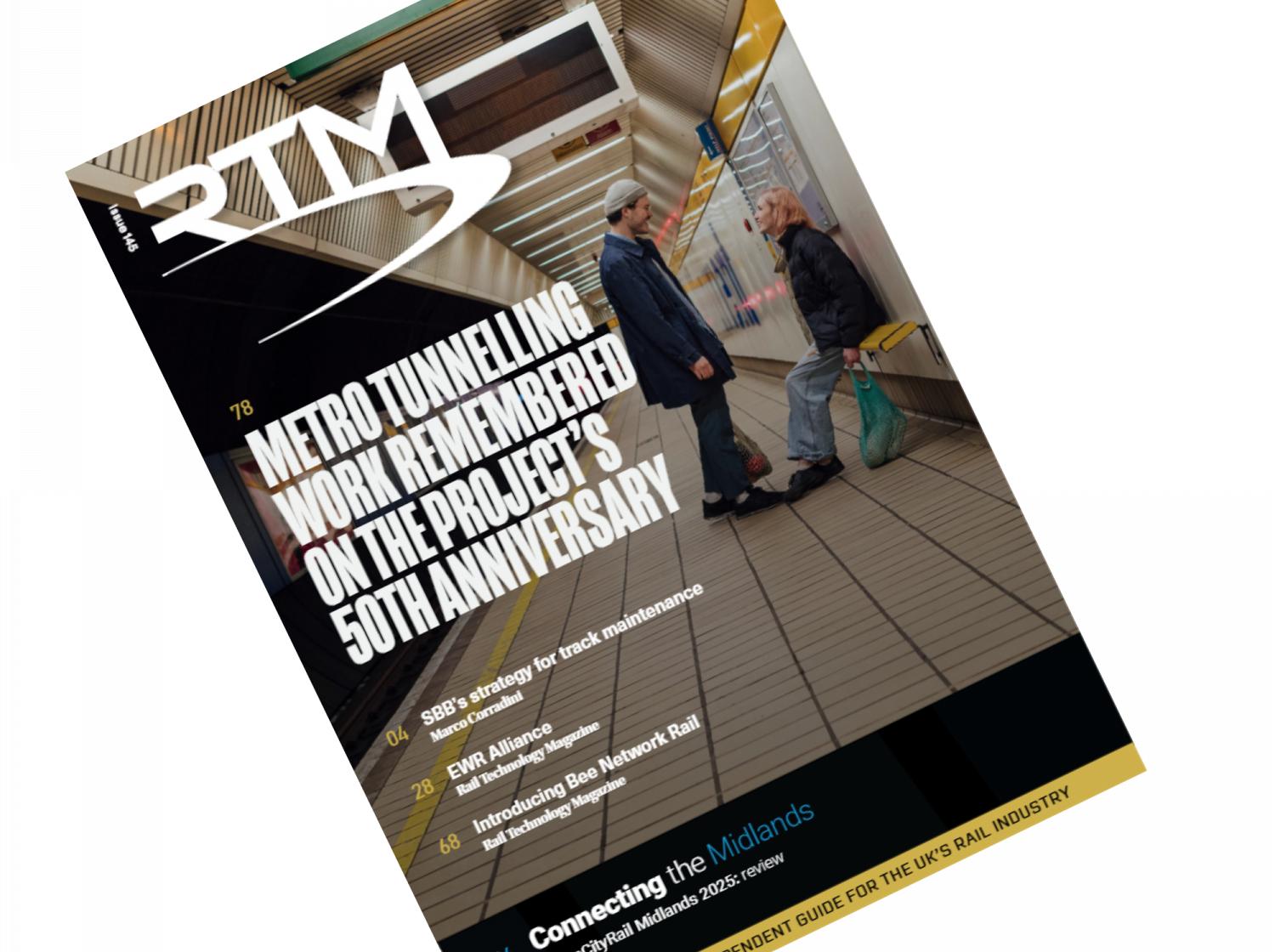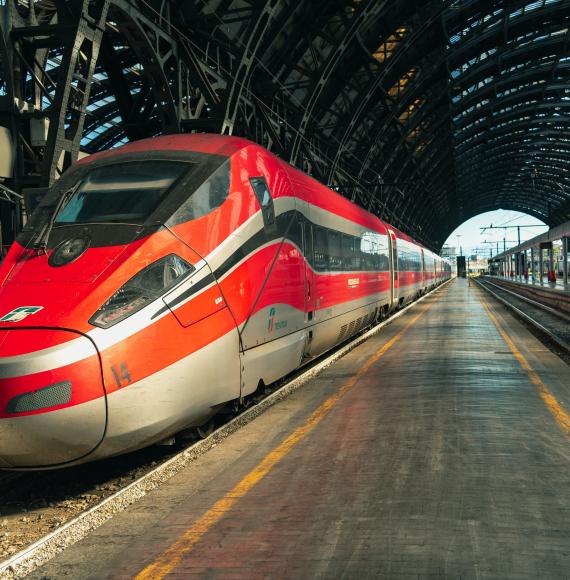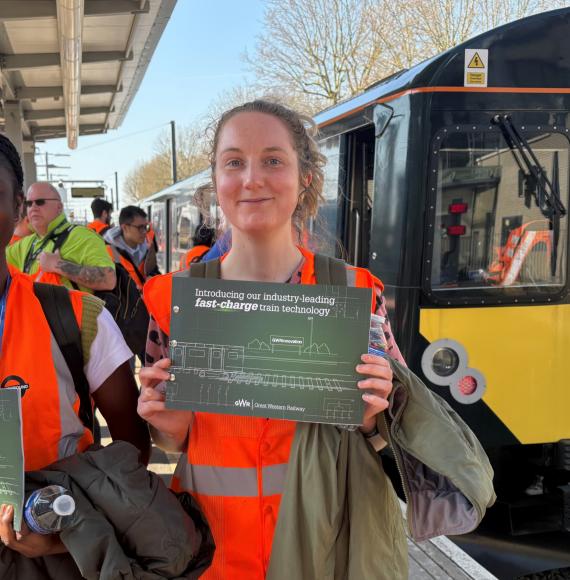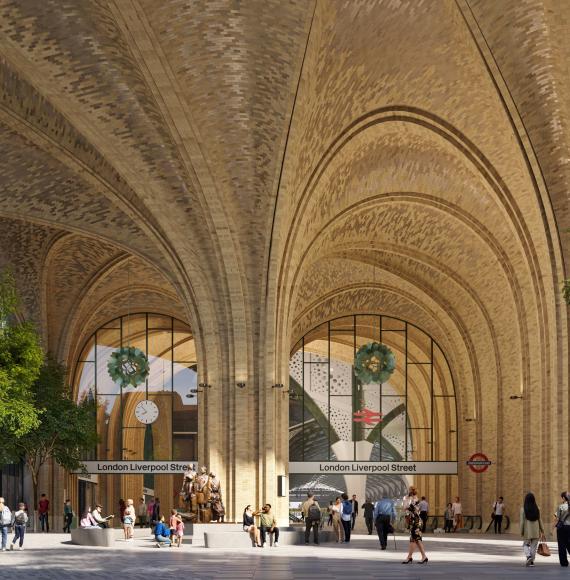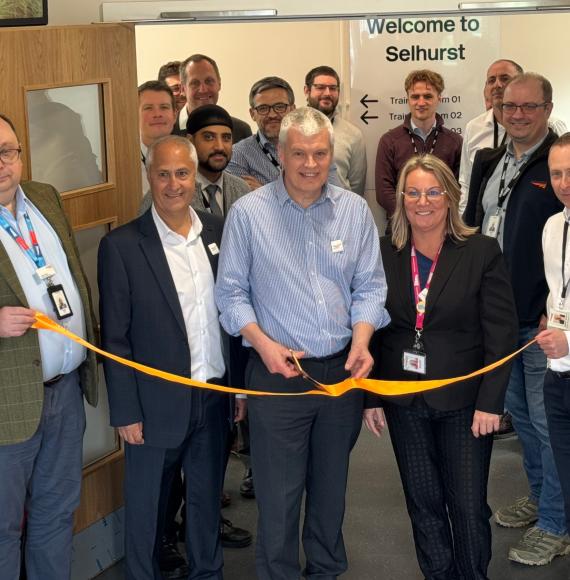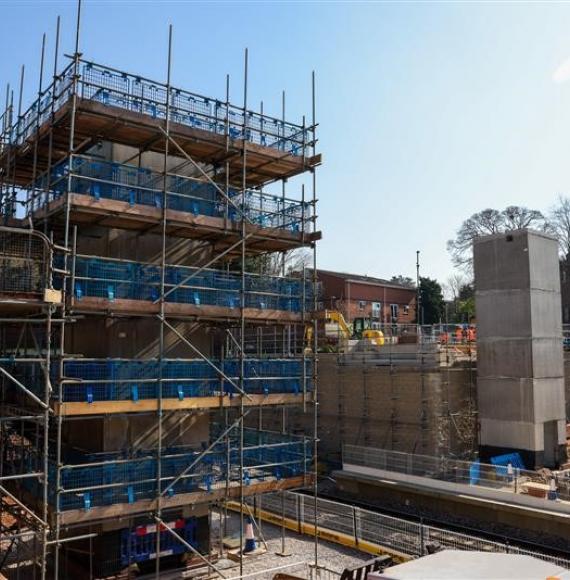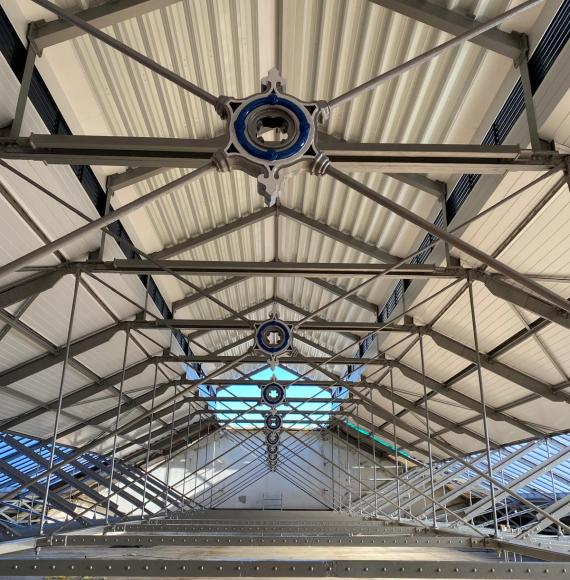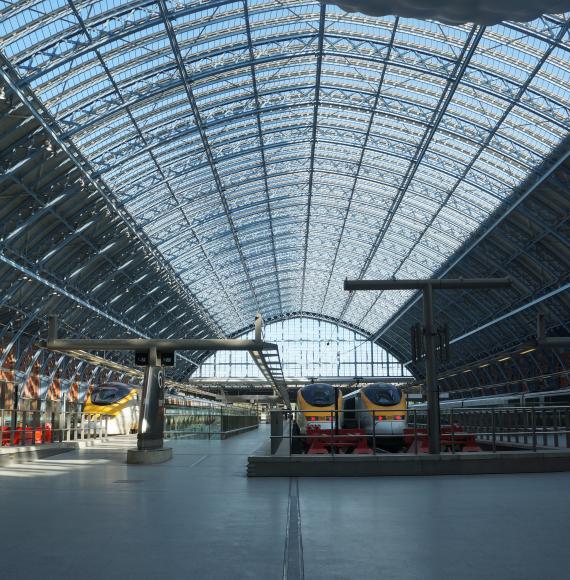The restoration of rail services between Rawtenstall, Bury and Manchester has been approved by the Government under the ‘Restoring Your Railways’ fund.
Following the successful bid from Rossendale Council contributions will be given from Lancashire County Council and the Department for Transport.
These contributions will go towards the cost of developing a Strategic Online Business Case.
The aim of the project is to create a regular passenger service using the same infrastructure as the existing heritage railway in the area.
The Strategic Outline Business Case will show the benefits of the proposal in relation to its costs.
The proposed link would see journey times close to 50 minutes into central Manchester.
It is estimated that the project would reduce car journeys on the M66/A56 by one to three million.
Due to the fact much of the infrastructure is already in place it is believed the project will have a relatively low cost.
A specially designed tram stop at Buckley Wells is also involved in the plans and would provide a seamless connection to the Metrolink network.
Cllr Alyson Barnes, Rossendale Council Leader believes the project will be of great benefit to the local economy.
Cllr Barnes said: “This is a huge step forward for the link that is very much needed for Rossendale.
“[The link will] help in securing the local economy with inward investment, job creation and also the environmental benefits that the link could bring.
“We value the East Lancs Railway and we would not have supported a solution that damaged the heritage railway, which is a valuable and much-loved asset for Rossendale.
“This really is a possible way forward and further dialogue is needed between the partner organisations.
“Rail reopening’s take considerable time and there will still be challenges ahead but this is a good step forward for our economy and environment.”
The original line which will be restored closed to passengers in 1972 meaning Rossendale is the only borough in Lancashire without a rail link.
Rossendale has a high number of commuters working in Greater Manchester with over 50% of employed residents working outside the borough.



